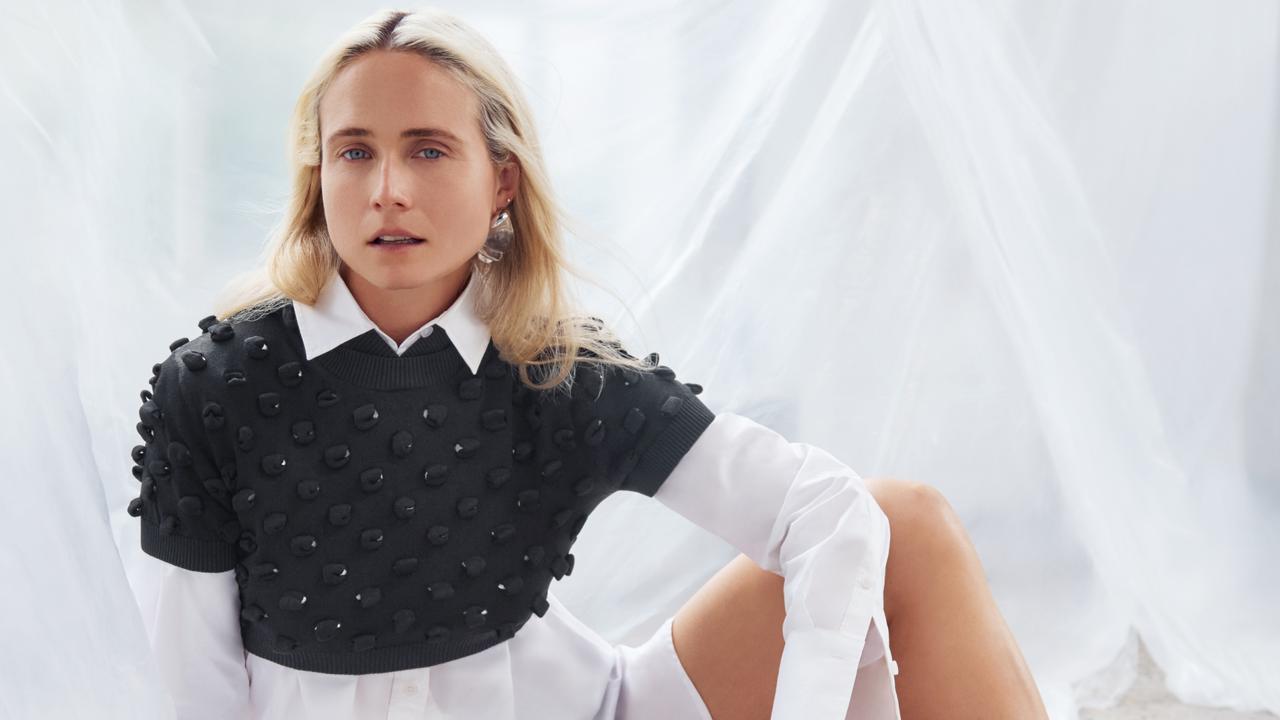Angela Mollard: Is tracking trend an act of love or a gross intrusion?
Tracking tools are a modern convenience — and I sacrifice my own peace of mind so my daughters can feel intrepid, untethered and truly alive, writes Angela Mollard.
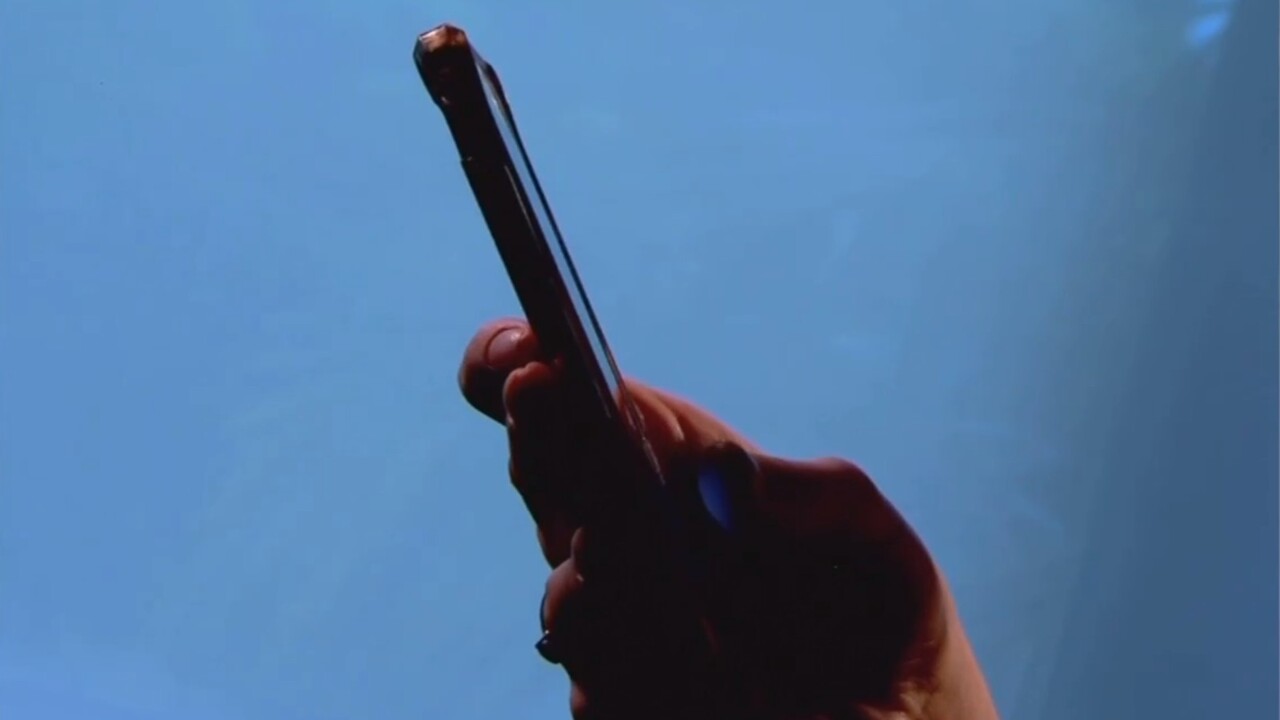
Lifestyle
Don't miss out on the headlines from Lifestyle. Followed categories will be added to My News.
When I was 24, the same age my eldest daughter is now, I caused my mum horrendous distress.
I was travelling through France with my boyfriend, camping wherever we found a spot to erect our tiny tent.
Because it was the early ’90s, we didn’t have mobile phones so we weren’t following the news.
So it was a shock when I called my mum after a month of cavorting, only to have her burst into tears.
This column was originally published in September 2024 and has been resurfaced as part of The Courier-Mail summer columnists series.
It turns out that there had been deadly monsoon storms in Provence which had swept away cars, caravans and campers.
With 32 dead and more than 50 people still missing, my parents had been glued to the news, becoming more distressed as each day passed.
By the time I finally rang, mum was beside herself.
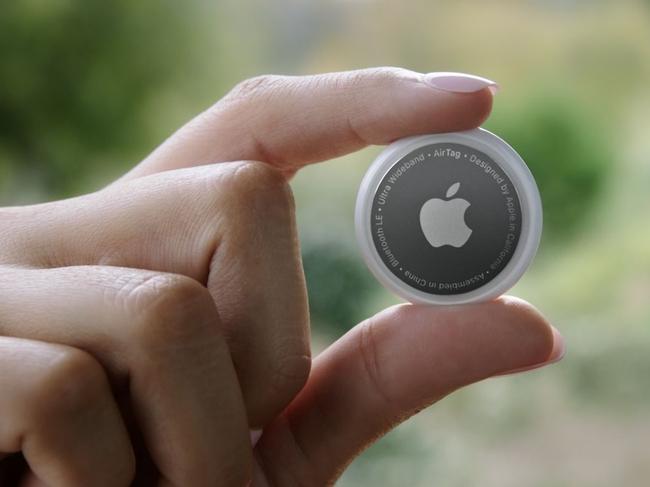
Thirty years later I’ve never experienced that fear. As I type, I can see via a tracking app that one daughter is on the bus heading to uni and the other is at work. My chap is three metres away on the couch but we don’t track each other even though many couples do. We figure at our age we can look after ourselves.
Do I like knowing where my daughters are at any given time? Absolutely, especially when they’re overseas.
But increasingly I fear that this surveillance culture is dangerous, disempowering and anxiety-inducing.
Worse, it normalises monitoring and co-dependency, encourages a generation to become spies and stalkers under the guise of safety concerns, and legitimises coercive control.
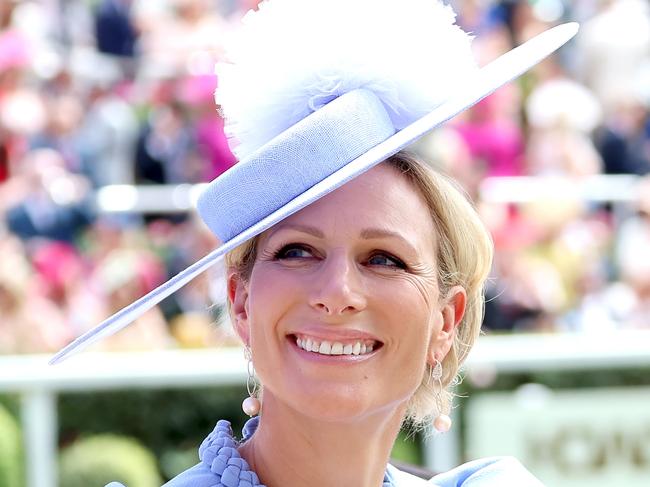
Tracking tools are a modern convenience.
When Zara Tindall put an AirTag on her daughter Mia at a horse trials event last week, parents everywhere recognised what a brilliant idea it was for monitoring wandering offspring.
Likewise, when my partner was motorbiking through Africa, one of his travelling companions wore a tracking device so his wife back home in Australia could be assured of his safety. It didn’t prevent him being cleaned up by a truck in Ethiopia (he survived), but at least everyone knew exactly where his journey ended.
And only yesterday I was thrilled to be able to watch John from Lounge Lovers as he navigated his way across the city to deliver two chairs to my home, making eight other deliveries along the way and arriving at exactly 11.24am as the tracking information promised. “Yes, it’s good for the customers, not so good for us,” his assistant told me.
It may seem harmless to check how far my daughter is from home so I can time dinner but I worry that her independence is being compromised for my ease and peace of mind.
Life 360, one of more than a dozen family-tracking apps, has two million monthly users in Australia, up 36 per cent on last year.
While it might seem feasible to track your child as they begin walking to school on their own, what about young couples monitoring each other in the early days of their relationship?
One young woman in the UK couldn’t work out how her ex-boyfriend seemed to be stalking her after they broke up and blamed her friends for telling him of her whereabouts.
Turns out he’d secretly installed tracking software on her phone.
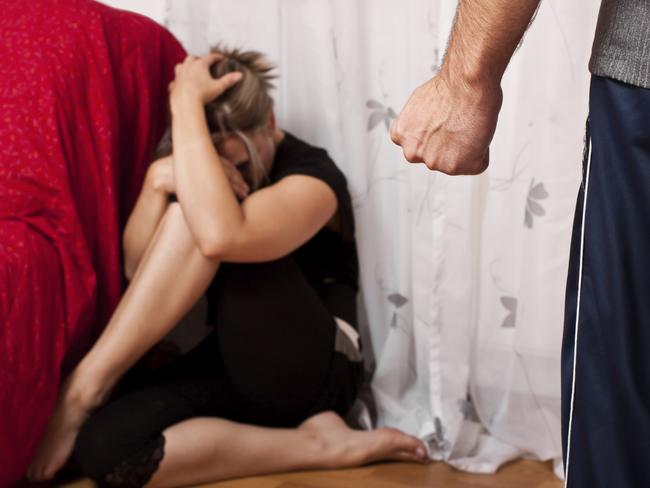
Domestic abuse charities are concerned about the growing use of stalkerware but when a US survey shows 40 per cent of those aged 16-24 believe it’s acceptable for partners to use monitoring apps on each other, it’s clear surveillance is the new normal.
In my age group, it’s not uncommon for one partner to want to track and the other not to. One friend has enabled location sharing on her husband’s phone without his knowledge but drives herself insane when she can see he’s not where he says he is.
All this spying, however well-intentioned, deeply concerns me.
Not only are we inculcating a fear of risk in our kids, tracking transmits the message that we don’t think they’re capable or trustworthy.
We foster an instinct that the world is not safe when being free and untethered is one of the most exhilarating elements of being human.
We’re also messing with the notions of consent, trust and independence, three of the most important factors in healthy relationships.
As David Ruiz, a privacy advocate for a cyber security company, observes: “I deeply worry about a future where every relationship has a form of monitoring embedded in it as though it is healthy. Maybe those kids who are four or five years old right now grow up to believe that monitoring is a component of love … so why wouldn’t they monitor their romantic partners?” Perhaps Lee Child’s fictional hero Jack Reacher has it right, eschewing all modern electronica so he can navigate the world on his terms, free from others’ gaze.
Arguably true escapism in the 21st century is to wander unconnected and untracked, guided only by a sense of adventure.
That’s how I felt in France in 1992 – intrepid, untethered and truly alive.
Like my mum, I’d sacrifice my own peace of mind for my daughters to enjoy that freedom.
Originally published as Angela Mollard: Is tracking trend an act of love or a gross intrusion?




